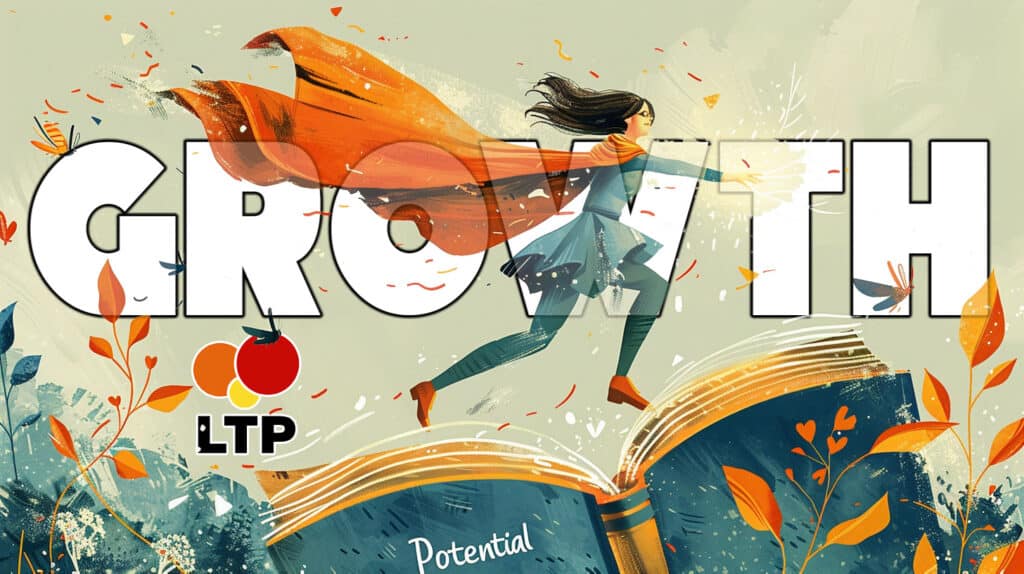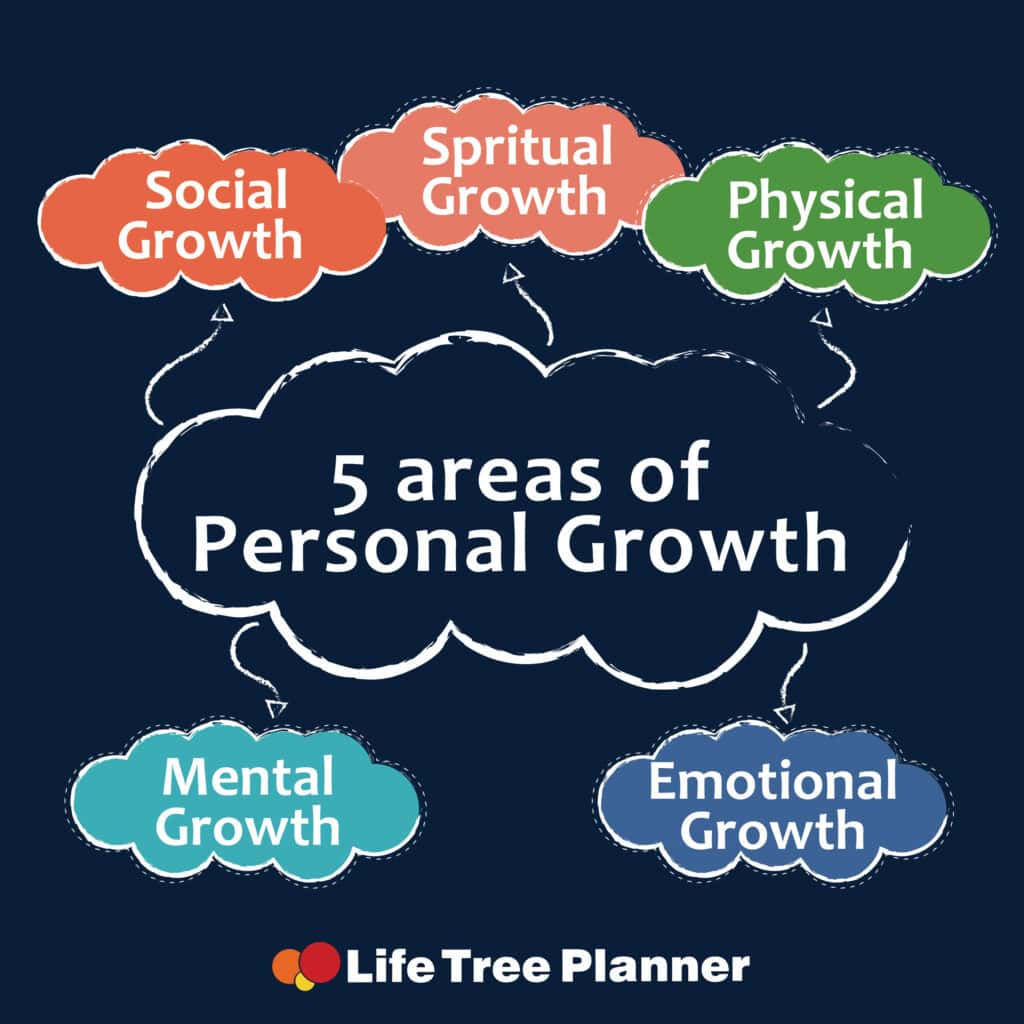
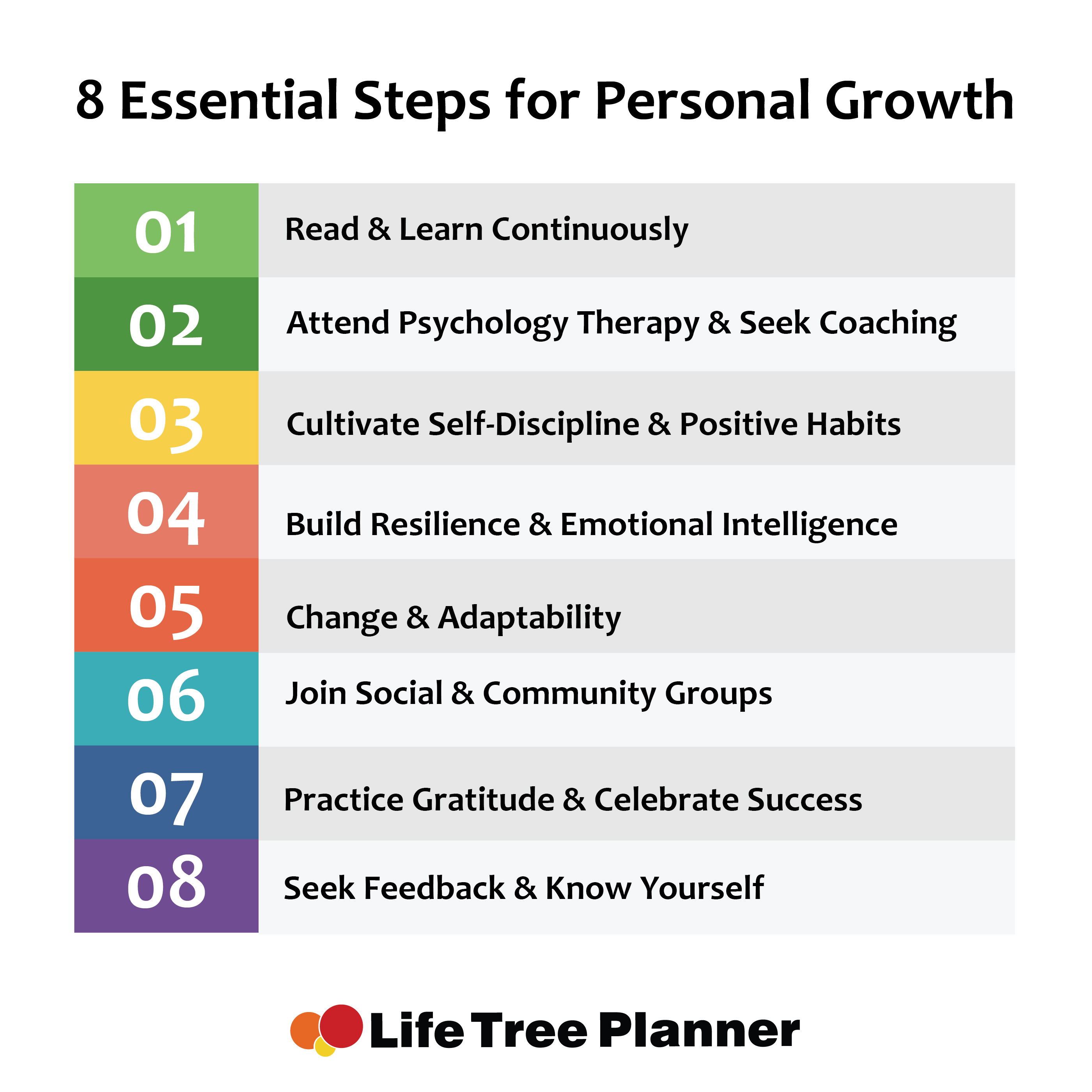
Have you ever felt stuck in a rut, unsure of how to progress in life or achieve your dreams? Personal growth isn’t just about achieving goals—it’s a transformative journey that empowers individuals to reach their fullest potential.
It’s through your dedication to self-improvement that you pave the way for a more fulfilling and balanced life.
At Life Tree Planner, we understand the complexities of the personal growth journey. With a wealth of insights and practical strategies, we’re here to guide you through this empowering process of self-discovery and development.
In this article, we’ll explore 8 essential steps for personal growth that will help you build resilience, enhance your skills, and cultivate a positive mindset:
- Read & Learn Continuously
- Attend Therapy & Seek Coaching
- Cultivate Self-Discipline & Positive Habits
- Build Resilience & Emotional Intelligence
- Embrace Change & Adaptability
- Join Social & Community Groups
- Practice Gratitude & Celebrate Success
- Seek Feedback & Know Yourself
By the end of this article, you’ll have actionable insights and practical tools to help your personal growth in various aspects of your life.
Get ready to transform challenges into opportunities!
In this article, we also will explore:

- The importance of continuous learning and self-discipline
- Helpful practices like meditation and journaling
- Building resilience and emotional intelligence
- Embracing change and seeking feedback
Additionally, we have strategies tailored for different lifestyles to help you find what works best for you.
By following these steps, you can unlock your true potential and achieve lasting fulfillment.
Ready to embark on this journey? Let’s dive in and discover how these Essential Steps can transform your life!
See also Personal Growth Checklist: 6 Roadmaps to Self-Improvement and Growth
What Is Personal Growth?
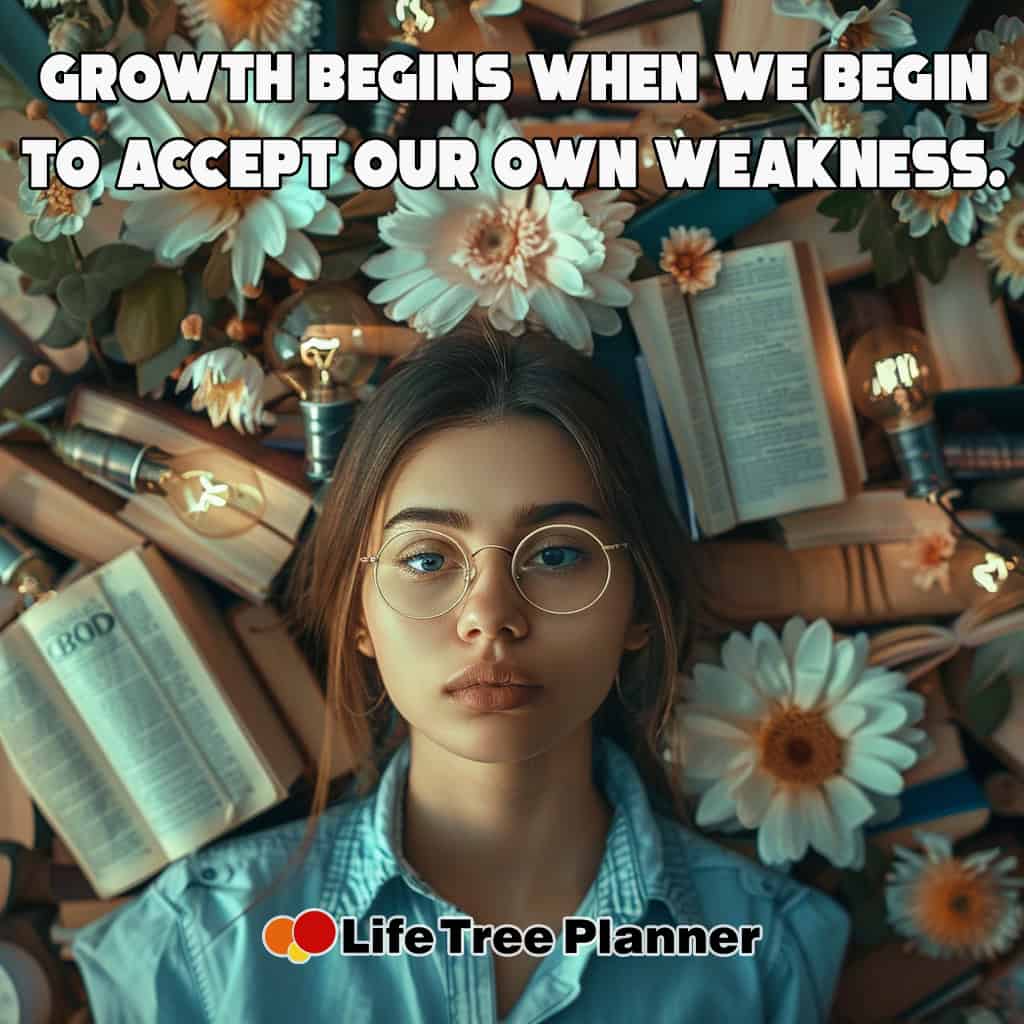
Personal growth, also known as personal development, involves a person’s efforts to improve their skills, self-awareness, and overall quality of life. This self-improvement journey benefits personal and professional relationships by helping a deeper understanding of oneself and others.
Personal growth includes creating a personal development plan, reading self-help and personal growth books, and learning valuable lessons from experiences.
It helps individuals become more aware of their strengths and weaknesses, ultimately serving their career and personal life. Through self-growth, individuals can explore new ideas, develop meaningful relationships with friends, and contribute positively to the world.
This growth journey enhances one’s ability to navigate life’s challenges and opportunities, leading to a more fulfilling and balanced life.
8 Essential Steps for Personal Growth
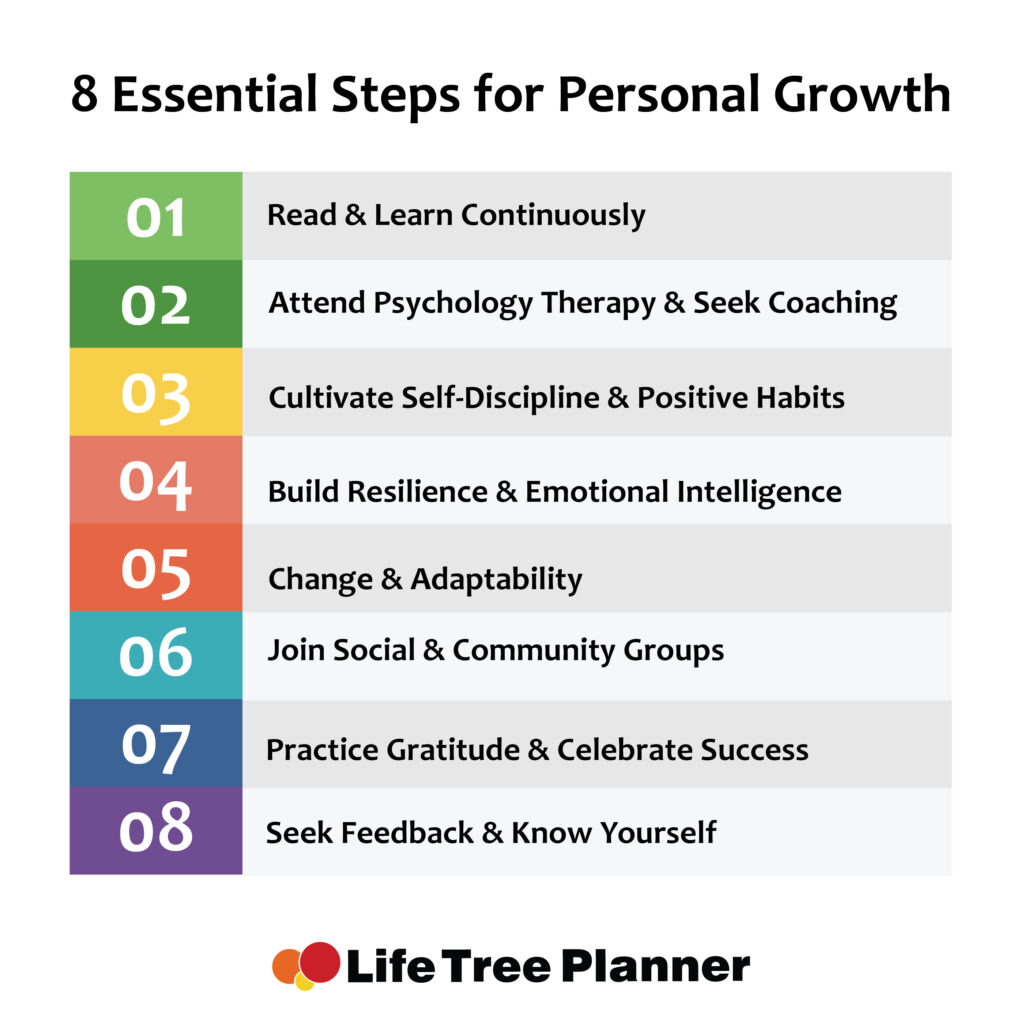
Many people struggle with feelings of stagnation or dissatisfaction in their lives, often because they neglect the vital process of personal growth.
Without actively pursuing self-improvement, you may find yourself feeling unfulfilled, unable to cope with challenges, or lacking direction.
This journey may feel overwhelming, but as your guide, we’re here to share key steps that will help you grow, build resilience, and lead a more fulfilling life. Let’s dive into these steps together!

1. Read & Learn Continuously

- Why It Matters: Knowledge empowers you to make informed decisions and fuels personal and professional growth.
- Examples: Explore self-help, business leadership, and fiction to broaden your perspective.
- Tasks: Set a goal to read one book per month and summarize key takeaways.
- Books: “Atomic Habits” by James Clear, “The Power of Now” by Eckhart Tolle.
- Yearly Goal: Read 12 books and implement one new idea from each.
2. Attend Psychology Therapy & Seek Coaching

- Why It Matters: Therapy and coaching provide tools for self-discovery and accountability, helping you overcome obstacles and achieve specific goals.
- Examples: Engage with a therapist or coach for support in areas like career, creativity, or personal growth.
- Tasks: Schedule an initial consultation and set clear goals for your sessions.
- Books: “Feeling Good: The New Mood Therapy” by David D. Burns, “The Coaching Habit” by Michael Bungay Stanier.
- Yearly Goal: Attend therapy or coaching consistently for six months.
3. Cultivate Self-Discipline & Positive Habits

- Why It Matters: Self-discipline leads to sustained success, while positive habits enhance your overall well-being.
- Examples: Create a structured morning routine or track habits with an app.
- Tasks: Choose one habit to focus on for 30 days and track your progress.
- Books: “The 7 Habits of Highly Effective People” by Stephen Covey.
- Yearly Goal: Establish three new positive habits and maintain them.
4. Build Resilience & Emotional Intelligence

- Why It Matters: Resilience helps you bounce back from setbacks, and emotional intelligence fosters better relationships and effective communication.
- Examples: Engage in mindfulness practices, journaling, and taking emotional intelligence workshops.
- Tasks: Reflect on a recent challenge and write about how you overcame it.
- Books: “Option B” by Sheryl Sandberg, “Emotional Intelligence 2.0” by Travis Bradberry and Jean Greaves.
- Yearly Goal: Document five significant challenges and your responses, while improving emotional intelligence through real-life applications.
See also Personal Growth Stories: 7 Stories of Strength and Empowerment
5. Change & Adaptability

- Why It Matters: Following change helps growth and innovation, enabling you to navigate life’s uncertainties effectively.
- Examples: Take on new challenges at work or explore new hobbies.
- Tasks: Identify one area of your life where you can be more flexible and try something new.
- Books: “Who Moved My Cheese?” by Spencer Johnson.
- Yearly Goal: Embrace three significant changes or challenges throughout the year.
6. Join Social & Community Groups

- Why It Matters: Building connections enriches your life, providing support and enhancing your personal growth journey.
- Examples: Participate in local meetups, book clubs, or volunteer opportunities.
- Tasks: Attend at least one social gathering or volunteer event each month.
- Books: “The Art of Gathering” by Priya Parker.
- Yearly Goal: Join and actively participate in two community groups or initiatives.
7. Practice Gratitude & Celebrate Success

- Why It Matters: Gratitude enhances your outlook on life and celebrating achievements boosts motivation, encouraging continued growth.
- Examples: Keep a gratitude journal and acknowledge both small and significant accomplishments.
- Tasks: Write down three things you’re grateful for each day and plan small celebrations for your successes.
- Books: “The Gratitude Diaries” by Janice Kaplan, “The Power of Small Wins” by Teresa Amabile.
- Yearly Goal: Reflect on gratitude weekly and celebrate at least one success each month.
8. Seek Feedback & Know Yourself
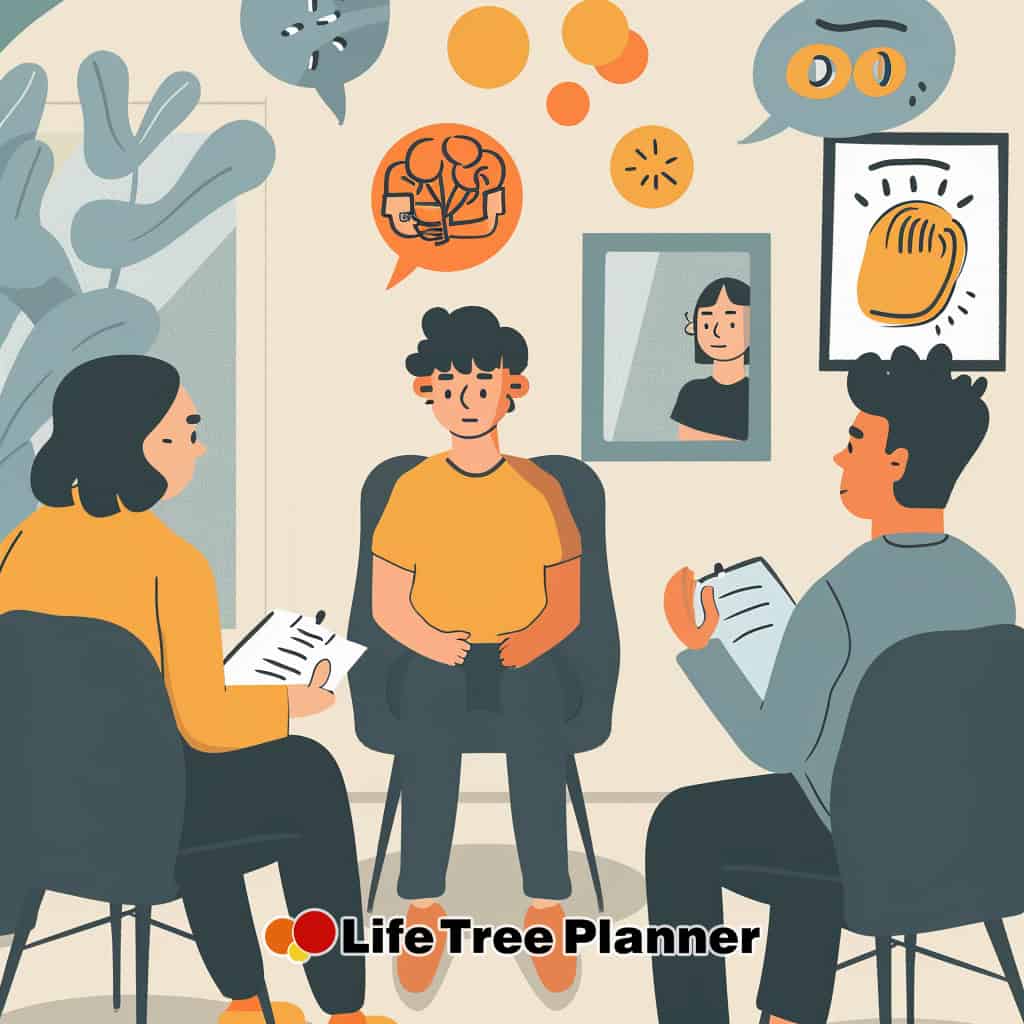
- Why It Matters: Feedback offers valuable perspectives for improvement, while self-knowledge is crucial for identifying areas for growth.
- Examples: Ask colleagues, friends, or mentors for constructive criticism and reflect on your reactions and habits.
- Tasks: Schedule regular feedback sessions and keep a journal to enhance self-awareness.
- Books: “Thanks for the Feedback” by Douglas Stone and Sheila Heen.
- Yearly Goal: Act on feedback received and increase self-knowledge through reflection.
5 Areas of personal growth

Personal growth encompasses developing interpersonal skills like active listening, achieving self-acceptance through self-help and insightful exploration, learning new skills, building emotional resilience, and drawing from ancient wisdom to enhance one’s understanding and approach to life.
Here are 5 areas:
1. Mental Growth

Mental growth involves the development of cognitive skills, emotional resilience, and a deeper understanding of oneself. The core message is self-actualization, where individuals strive to reach their full potential.
This process includes following self-love activities and personal touch in all aspects of life. Successful people often prioritize mental growth, continually seeking to improve their minds through learning, reflection, and emotional intelligence.
This holistic approach to growth helps individuals navigate life’s challenges and opportunities more effectively.
2. Emotional Growth

Emotional growth involves developing a deeper understanding and acceptance of oneself, leading to better communication and interpersonal relationships. Through insightful exploration and increased knowledge, individuals can become more focused on their future and career.
This growth helps in becoming a better version of oneself, enhancing the quality of life and achieving greater success. Emotional development helps self-acceptance and understanding of the world, contributing to personal and professional achievements.
3. Social Growth

Social growth involves developing new skills that enhance interactions and relationships. As part of the personal development journey, it helps self-awareness and self-actualization.
By incorporating ancient wisdom and practicing active listening, individuals can improve their personal touch in communication. The core message of social growth is to enrich personal life through meaningful connections, contributing significantly to personal development.
It is a vital aspect of self-improvement, helping individuals navigate their social environments with greater confidence and empathy.
4. Spiritual Growth

Spiritual growth is a journey of self-improvement focused on becoming a better version of oneself.
It involves the development of personal and spiritual aspects of life, enhancing skills like mindfulness, communication, and compassion. This growth often includes practices such as deep meditation, reflection, reading personal growth and self love books.
By nurturing the self, spiritual growth contributes to overall personal development, leading to a more fulfilling and balanced life. Through continuous practice, individuals can achieve deeper understanding, inner peace, and a harmonious connection with the world.
5. Physical Growth

Physical growth refers to the natural process of developing and strengthening the body’s physical aspects over time.
This treasure trove of growth involves a person engaging in activities that enhance their physical well-being, forming a crucial part of a personal development plan.
Regular exercise, balanced nutrition, and a self-love routine contribute to this growth, benefiting one’s future health and overall vitality. By prioritizing physical growth, individuals invest in their personal development, ensuring a healthier and more fulfilling life.
What is self-growth?

Self-growth is the ongoing personal growth journey where a person strives to become their best self. It involves cultivating a growth mindset and gaining knowledge through self-help books and practical experiences.
By integrating new ideas and skills into daily life, self-growth enhances a person’s ability to navigate life’s challenges. This process benefits individuals by helping self-love, improving their sense of purpose, and enhancing their overall quality of life.
Ultimately, self-growth helps people develop the skills and mindset needed to serve themselves and others better, leading to more fulfilling and meaningful lives.
Here are 10 reasons for importance of self growth:
- Enhanced Self-Awareness: Understanding your strengths, weaknesses, and motivations.
- Improved Skills: Developing new abilities and refining existing ones.
- Better Relationships: Strengthening interpersonal skills and emotional intelligence.
- Increased Resilience: Building emotional resilience to handle life’s challenges.
- Greater Sense of Purpose: Clarifying personal values and goals.
- Enhanced Quality of Life: Leading to a more balanced and fulfilling life.
- Career Advancement: Improving professional skills and opportunities.
- Personal Fulfillment: Achieving a sense of accomplishment and satisfaction.
- Positive Mindset: Cultivating a growth mindset for continuous improvement.
- Healthier Lifestyle: Encouraging practices that promote physical and mental well-being.
Growth Strategies for Different Lifestyles

Recognizing that each individual’s journey to personal growth is unique, we present a curated collection of strategies tailored to various demographics and life stages. As your guides, we aim to provide insightful advice and actionable plans that you can integrate into your personal growth journey.
Students

- Self-Discovery: Engage in self-assessment tools to identify strengths.
- Continuous Learning: Utilize online platforms for courses relevant to your studies.
- Goal Setting: Break down academic goals into manageable tasks.
Professionals
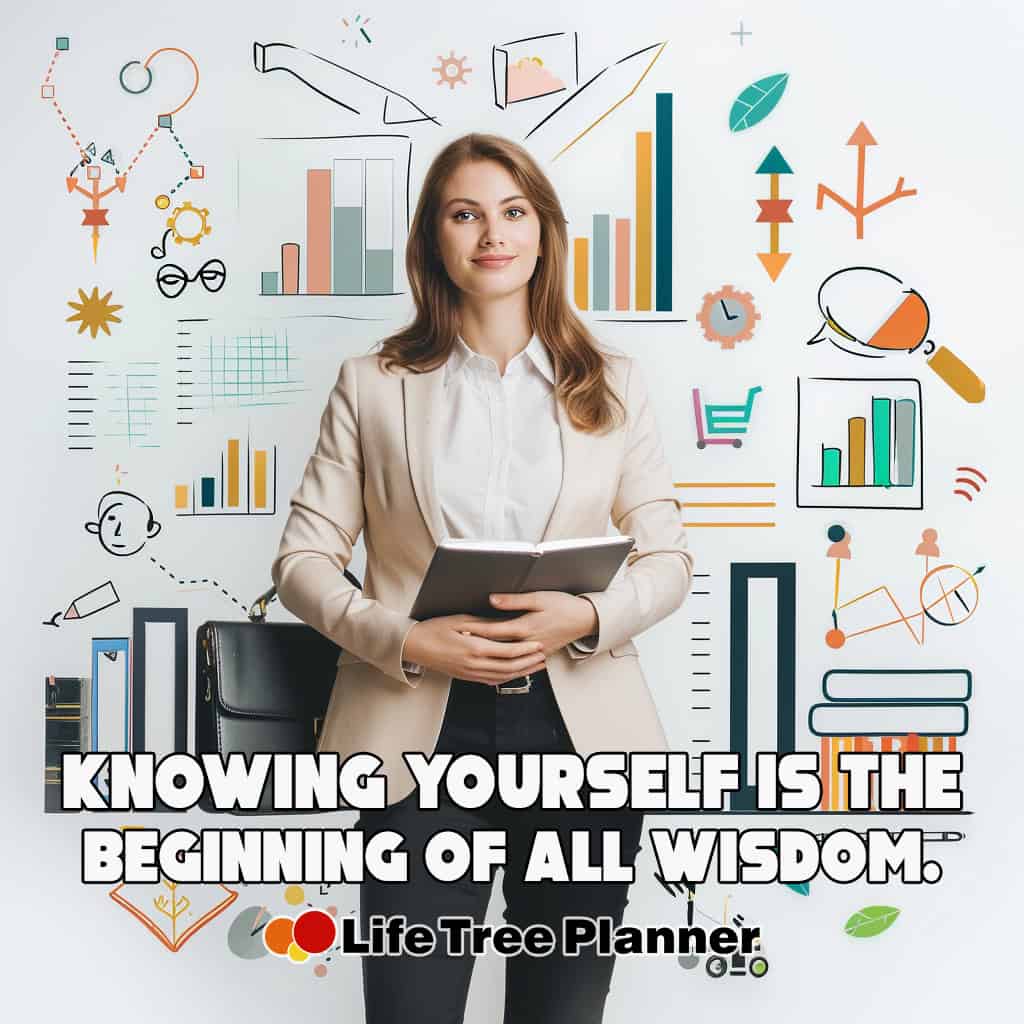
- Self-Discovery: Reflect on career aspirations and personal values.
- Continuous Learning: Attend industry workshops and conferences.
- Resilience: Develop coping strategies for workplace challenges.
- Goal Setting: Set quarterly performance goals to track progress.
Families

- Goal Setting: Establish family goals to foster unity and collaboration.
- Continuous Learning: Encourage family members to share what they learn.
- Resilience: Teach children healthy coping mechanisms for stress.
Seniors

- Continuous Learning: Participate in classes or hobby groups to stay engaged.
- Self-Discovery: Reflect on life experiences to identify personal growth areas.
Entrepreneurs

- Self-Discovery: Assess personal strengths that can be leveraged in business.
- Continuous Learning: Invest in business coaching or mentorship programs.
- Goal Setting: Create strategic business plans with measurable outcomes.
- Resilience: Cultivate a growth mindset to navigate entrepreneurial challenges.
See also Personality And Personal Growth: 11 Ways Personality Guides the Journey
Personal Growth: A Recap
Personal growth is a lifelong journey, filled with opportunities for learning and transformation. Reflect on your experiences and commit to ongoing improvement. By embracing these strategies, you can achieve your goals and lead a fulfilling life.
Common Pitfalls Avoid these common mistakes:
- Setting unrealistic goals: Start small and build momentum.
- Neglecting self-care: Remember that personal growth requires nurturing yourself.
Remember, the journey begins now. It’s time to take that first step!

